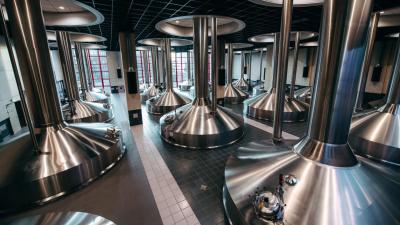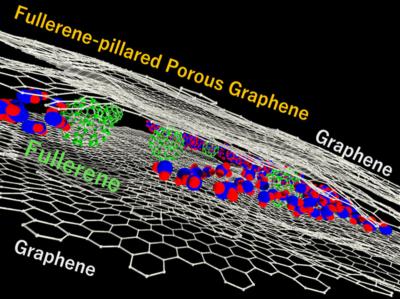Salgenx expands potential applications of its graphene and hard carbon-coated sand
Salgenx, developer of saltwater flow battery technology, has announced the expansion of its development of graphene and hard carbon-coated sand. Originally designed for use in advanced battery systems, Salgenx is now exploring a wide array of new applications for this innovative material, ranging from smart infrastructure to environmental sustainability.
The Company says that "the unique combination of graphene and hard carbon in a sand aggregate has the potential to transform the construction industry". By enhancing the electrical conductivity, mechanical strength, and durability of concrete, Salgenx’s carbon-coated sand opens up new possibilities in building and infrastructure development.


